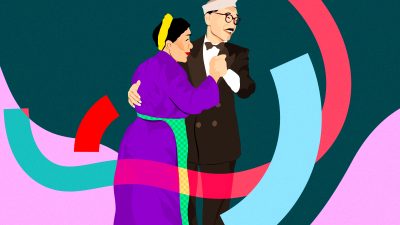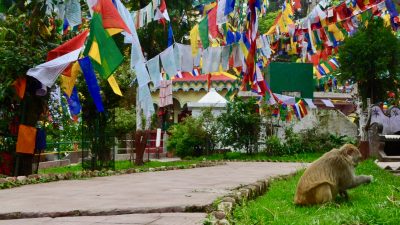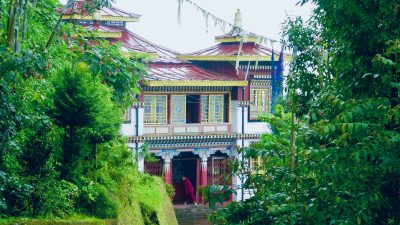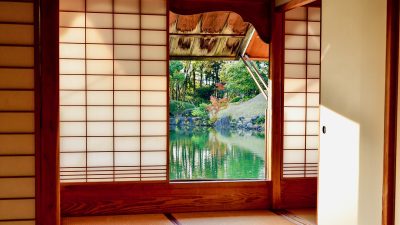My Great-Grandfather’s Saddle Rug Helps Me Remember a Tibet That’s Gone
I borrowed a bicycle and explored, in the same way my great-grandfather had gone about on his pony sixty years earlier.
My Father, Montaigne, and the Art of Living
When my father died in 2012, I inherited his well-read copy of Montaigne’s ‘Essais.’
How a Tibetan Turquoise Pendant Keeps Me Close to Home
In giving me her pendant, was my mother not only wishing me well on my journey but handing over our family’s story?
Tibetan Death Horoscopes, Mothers and Daughters, and Legacy-Breaking
In my grief over my grandmother’s death, I derived solace from the idea that something could still be done to benefit her, that she hadn’t left us but was just in a different place.
What My Tibetan Grandmother Taught Me About Lasting Love
I felt sure my grandmother’s stories, her faith in marriage, had no bearing on my life plan.
Walking Paths to Self and Family in Darjeeling
In Darjeeling, the landscape and my familyscape seemed to be living, breathing beings, the paths like veins and the stories like the flow of blood.
What The Tibetan Book of the Dead Teaches Us About Life
When my grandmother died, lamas stayed for five days next to her body, guiding her through bardo by reading from The Tibetan Book of the Dead.
Mountains, Monasteries, and Myths: What I Discovered While Living in My Darjeeling Family Home
After a youth spent trying to ignore my Asian heritage, I came looking for it. My journey turned out to be the beginning of an excavation that continues to this day.
Learning to Cook in Japan, I Fed My Family and My Sense of Self
The bento lunches the hoikuen expected mothers to produce were an exercise in artistry. But I didn’t care about making the perfect bento.
How I Found Sanctuary Living in a Japanese Teahouse
Above all, the teahouse was a room of my own, the first I’d ever had.










